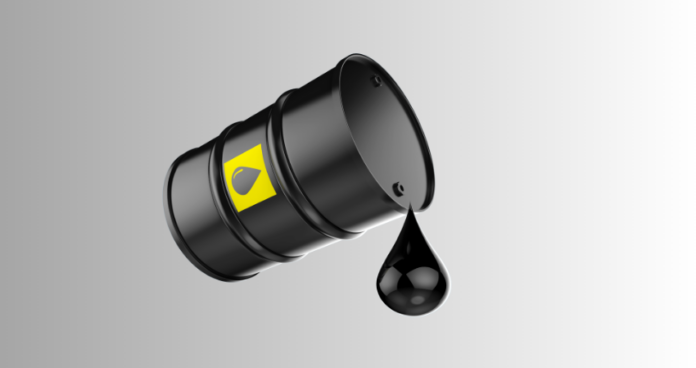Pakistan is actively considering a proposal to import 10 percent of its crude oil and petrol from the United States in a bid to mitigate tariff impact, address trade imbalances, and support the country’s exports, which have recently reached $6 billion, The News reported citing official sources from the Ministry of Energy.
The move comes after the US imposed a 29% tariff on Pakistan, in addition to a 10% baseline tariff. However, the Trump administration has suspended these tariffs for 90 days, allowing room for negotiations.
As per the report, the government has consulted with stakeholders, including refineries and oil marketing companies (OMCs), and finalised the proposal to import 10% of crude and petrol from the US.
The proposal will soon be tabled for approval by the Economic Coordination Committee (ECC).
The trade deficit between Pakistan and the US stands at $3 billion, with the imbalance resulting in the imposition of tariffs by the US across 180 countries. To mitigate the impact, around 75 countries have agreed to negotiate with the US to reduce the deficit and avoid these tariffs, which will take effect after the 90-day period.
The officials explained that while importing crude oil and petrol from the US would incur an additional $3 per barrel cost due to transportation, the impact on consumers would be minimal. This increase would be absorbed by the government, and when distributed across the entire consumer base, it would increase to just 0.50 per liter.
In return, Pakistan plans to negotiate the removal of the 29% tariffs imposed by the US. The government is also considering further imports from the US, such as sophisticated machinery, soybean, steel, and iron, as part of a broader effort to strengthen trade ties.
In the upcoming talks, Pakistan’s government delegation plans to assure the US of compliance with intellectual property rights (IPRs), addressing concerns that have caused substantial losses for US companies in the country.
Additionally, Pakistan aims to reduce non-tariff barriers, including customs and sanitary regulations, to facilitate smoother trade relations with the US.




